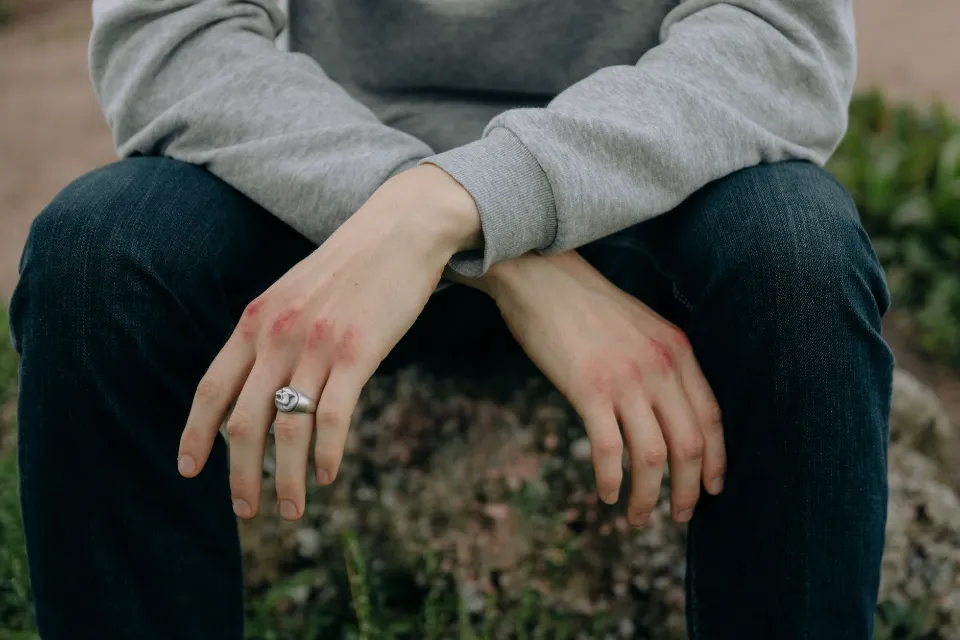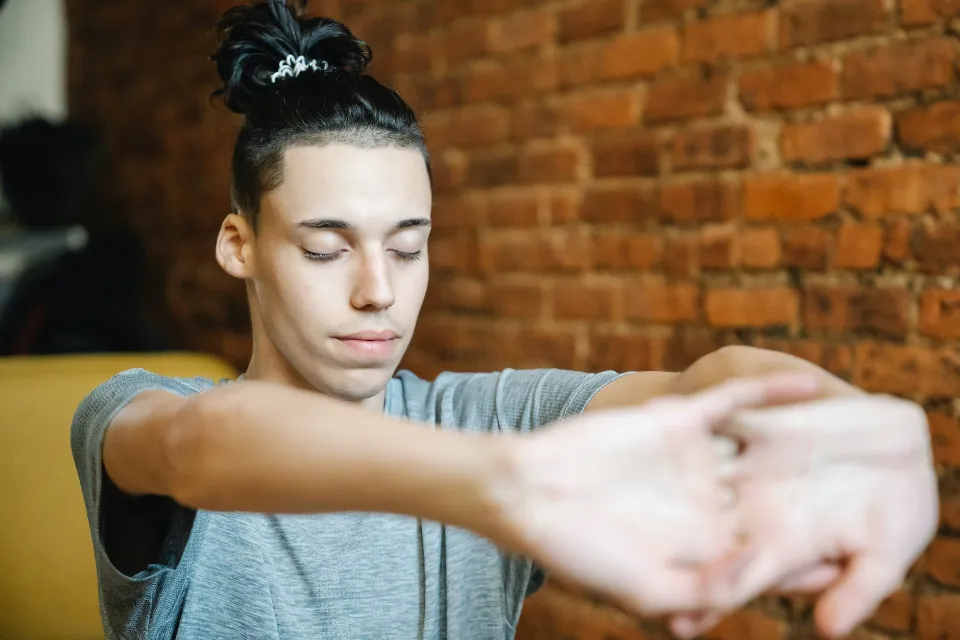You might have heard that having your knuckles rapped as a child could lead to arthritis later in life. Is it accurate to say that many people find comfort in cracking their knuckles? There are many reasons, including anxiety, restlessness, and pure joy. Does it however lead to arthritis? The simplest response is “no.”
According to Dr. John Fackler of Houston Methodist Orthopedics and Sports Medicine, “The knuckles are not known to be damaged by any known harmful effects.” In the worst case, cracking the knuckles may result in momentary swelling or a sensation of weakness in the hand, but not necessarily arthritis.
While breaking your knuckles may not cause arthritis, some researchers believe that habitual knuckle-breaking may cause some problems later in life. Not to mention the persistent popping and clicking noises, which might irritate people nearby.
The connection between arthritis and cracking knuckles will be briefly discussed in this article, along with other information that might be of interest to you.
Read more: Does Cracking Your Back Cause Arthritis? Let’s Find Out! – Elder VIP
What Happened When Cracking Your Knuckles?
“The noise of cracking or popping in our joints is actually nitrogen bubbles bursting in our synovial fluid,” says Dr. Klapper. Klapper, synovial fluid lubricates your joints like engine oil in a car, reducing friction and preserving our cartilage. It typically takes 20 minutes for the nitrogen bubbles in the synovial fluid to reform in your joints before they can crack once more.
The 20-minute pause, during which gas bubbles are re-forming in the synovial fluid, maybe a draw of knuckle cracking. During that time, you may experience a loosening sensation, as if your joints are no longer under pressure. However, most of the satisfaction occurs in your mind. “Feeling good after cracking your knuckles is a psychological experience,” says Dr. Klapper.

Why Do You Like to Crack Your Knuckles?
According to studies, up to 54% of people knuckle-crack. They do it for a lot of reasons, including:
- Sound. Some people like hearing the sound knuckle cracking makes.
- The way it feels. Some people believe that cracking their knuckles increases joint space, which eases tension and improves mobility. There is, however, no proof that there is more space despite the perception.
- Nervousness. When you’re anxious, cracking your knuckles might be a good way to keep your hands busy, much like wringing them out or twisting your hair.
- Stress. Some people who are stressed need to take it out on something. It’s possible that knuckle cracking provides distraction and release without actually being harmful.
- Habit. It’s simple to continue cracking your knuckles until it occurs without even realizing it once you start doing so for any of these causes. When you frequently crack your knuckles without realizing it, it has likely become a habit. A habitual knuckle cracker is someone who does it five or more times per day.
Is There a Risk of Arthritis When You Crack Your Knuckles: NO
The joints in your fingers and toes are known as knuckles. They are located where two bones meet, and they are bathed in a liquid called synovial fluid, which lubricates the joints. The synovial fluid can occasionally develop a bubble of gas that can occasionally burst when the joint is moved in a specific way (for example, when a person bends or compresses their hand). This popping or cracking sound can be heard.
The majority of people over 65 have symptoms of arthritis, making it a very common issue for older adults. The two main types of arthritis are as follows. Rheumatoid arthritis is brought on by joint inflammation, and it can result in discomfort, redness, swelling, and eventually deformity and loss of function. The most prevalent form of osteoarthritis, osteoarthritis, affects older adults because it is caused by the gradual wear and tear of the joints.
While there is no reason to believe that knuckle cracking would lead to rheumatoid arthritis, it makes sense that habitual trauma to a joint might eventually cause tissues to break down and wear away leading to osteoarthritis. As a matter of fact, some researchers have documented instances of people who would routinely crack their knuckles and later developed osteoarthritis or other joint issues. For example, in a case report published in the British Medical Journal, researchers report that a man who habitually cracked and popped many of his joints had damage in his right hand indicative of arthritis.
While specific reports may list instances of arthritis developing in voracious knuckle crackers, other studies paint a different picture.

Dr. Robert L. 28 nursing home residents who could remember whether or not they had cracked their knuckles earlier in life participated in a study conducted by Swezey and Stuart E. Swezey. The researchers came to the conclusion that there was no connection between habitual knuckle cracking and arthritis after taking x-rays of the participants’ hands.
Another study, published in the Annals of Rheumatic Disease, looked at a group of 300 habitual knuckle crackers. The study’s findings showed that participants who frequently cracked their knuckles did not have higher rates of osteoarthritis. However, knuckle crackers were more likely to experience hand swelling and weakened grip. The researchers were unable to determine whether those with hand problems were simply more likely to crack their knuckles or whether the knuckle-cracking caused swelling and loss of hand function.
Additionally, researchers compared a group of people with hand arthritis to a control group. The two groups were questioned about whether they cracked their knuckles, as well as the frequency and length of time that they did so. When the results were analyzed, the researchers discovered no connection between knuckle cracking and the emergence of osteoarthritis.
How to Stop Cracking
Even though cracking your knuckles won’t cause you to develop arthritis, it might distract those around you. If it’s become a habit, it might be challenging to stop.
Some tips that might help you break the habit:
- Consider your knuckle-cracking triggers and deal with any underlying issues.
- Squeeze a stress ball or rub a worry stone with your hands, or use other stress-relieving tools.
- Find another stress-relieving technique, such as deep breathing, exercise, or meditation.
Conclusion
Some individuals who crack their knuckles do so out of boredom or habit. Others claim that it gives their joints a greater range of motion and relieves joint pain and tension. The evidence we have today indicates that if you crack your knuckles frequently, arthritis won’t set in. The occasional painless crack might not be harmful, but some obsessive knuckle crackers might later cause issues.



